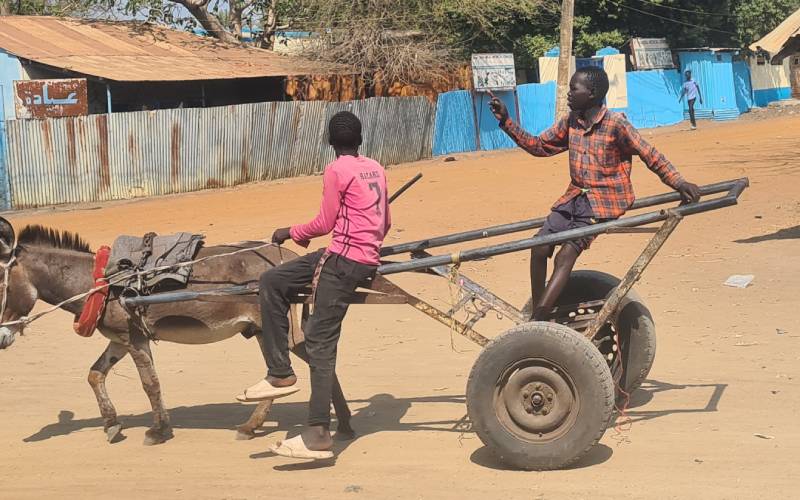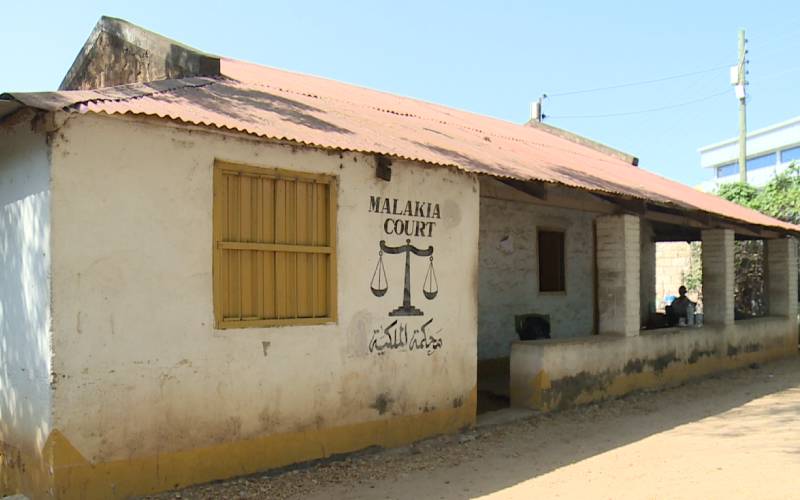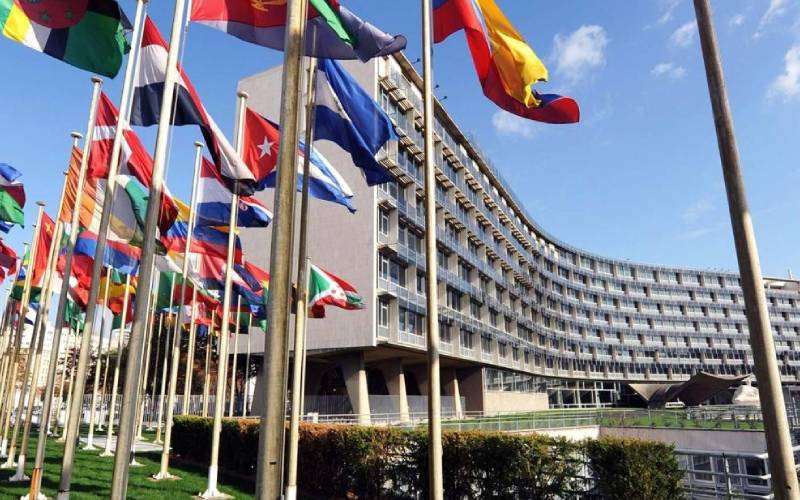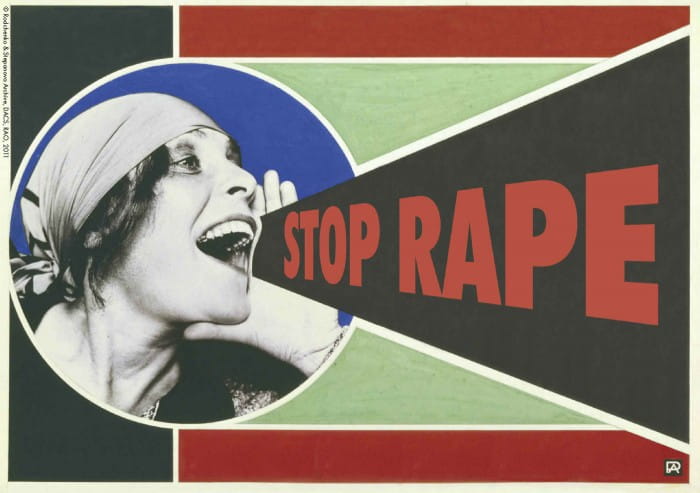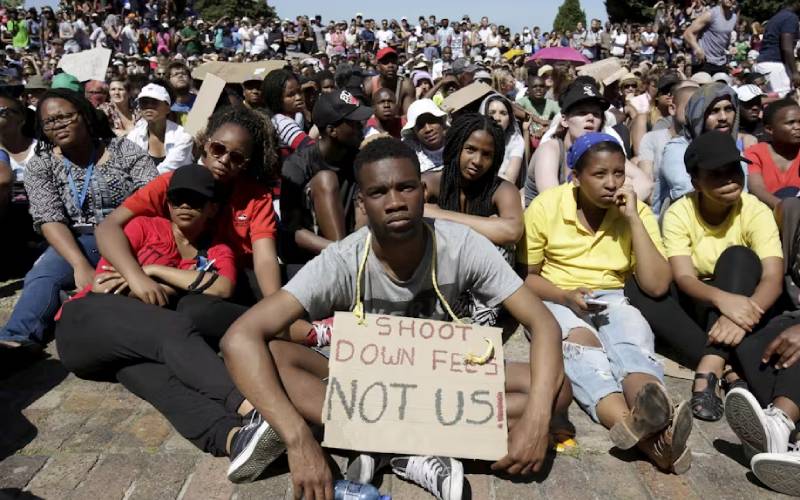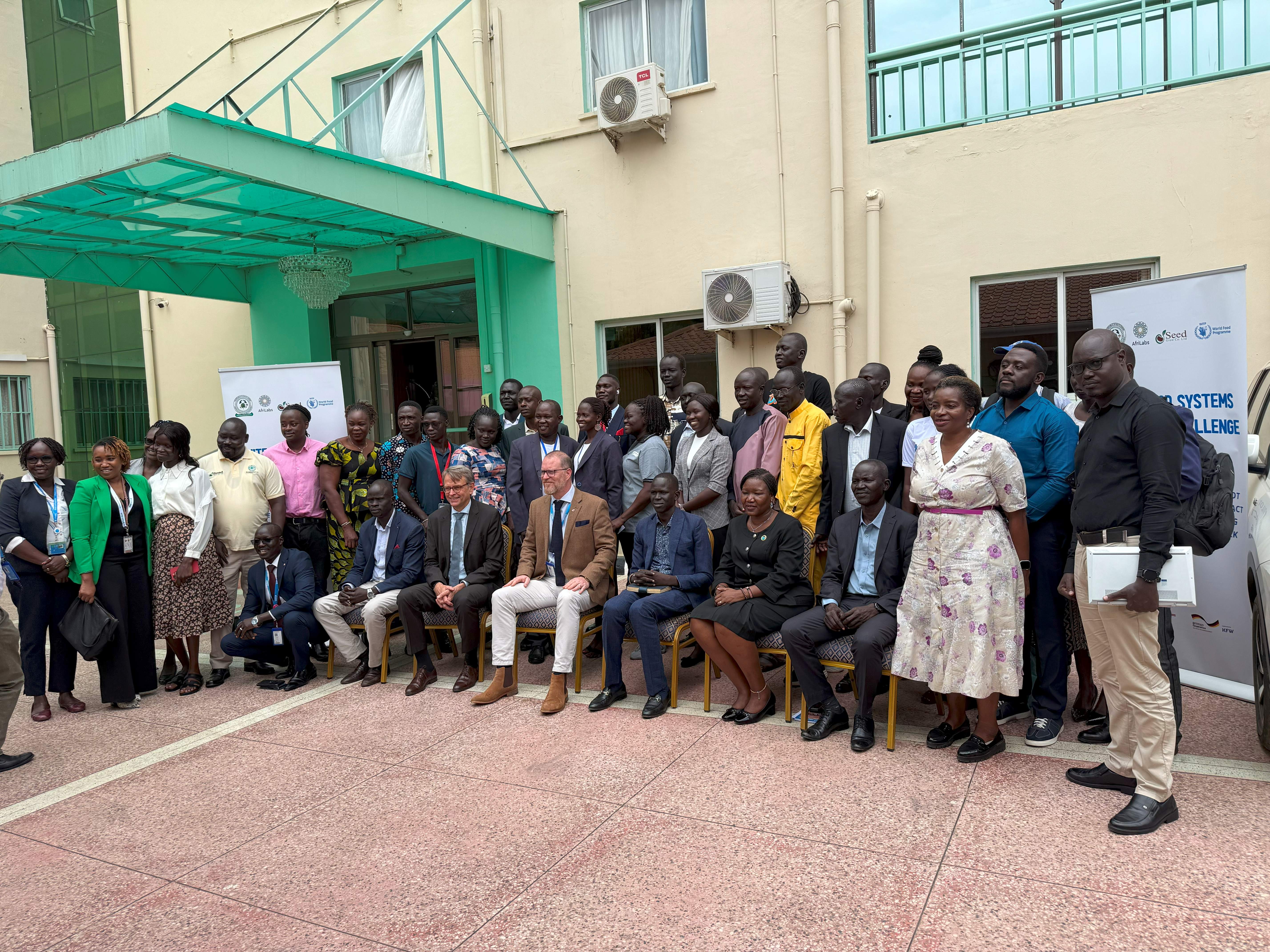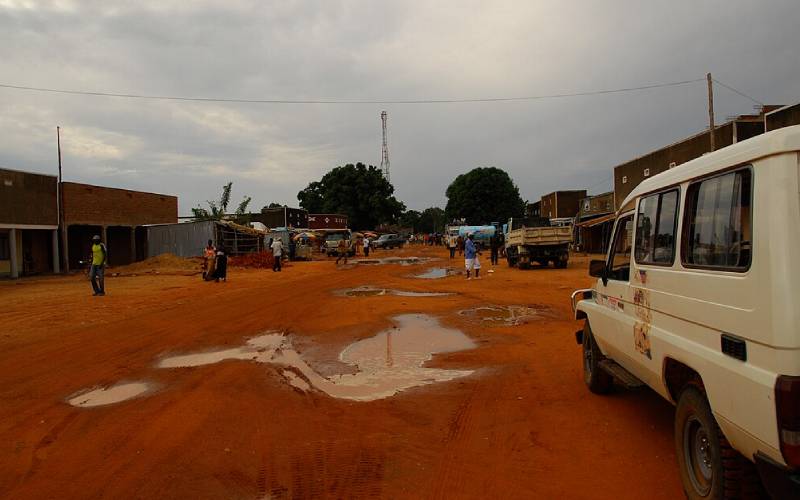This opinion piece was inspired by two significant events that call for thorough training of security forces throughout South Sudan, particularly in the states. On Saturday, a tall and presumably respected member of the security forces brandished a weapon and outrageously aimed it at an innocent boy who was surfing the internet. The boy's adrenaline spiked, causing him to run to safety; unfortunately, he left his smartphone behind. By the time he returned after the gunman had left, his phone was nowhere to be found.
Firstly, security personnel should never intimidate a civilian, whom they are supposed to protect, with a firearm. This incident reflects a serious lack of professionalism, possibly exacerbated by alcohol consumption. Secondly, there was no indication that the assailant faced any consequences for this offense, which, while it may seem minor, is in fact very serious. In several nations, a statement like “I will kill you” would be treated with grave concern and classified as attempted murder, meaning that a situation like this should not be overlooked.
On Sunday, a military vehicle, loaded with food items supposedly from Renk, sped down the streets of Malakal. A 10-year-old girl was crossing the street when she was struck by the military pickup. I looked on in horror as the girl was knocked down, while the vehicle struggled to hinge on its brakes. The driver hastily swerved to the roadside as the young girl cried out and fell to the ground before our eyes.
A few nearby security officers immediately rushed to the scene and instructed the driver not to leave. After they examined the girl for visible injuries, I was flabbergasted to hear them claim she was fine, which allowed the driver to leave. People nearby began to murmur in disbelief at how they could insist she was okay and then let the driver go free.
This was yet another instance requiring stricter discipline regarding reckless driving and professionalism in how such matters are managed. First, there should be a speed limit imposed on military vehicles and regulations established and implemented to hold them accountable when they harm civilians recklessly. What if the girl had sustained internal injuries or damage to her organs when she fell? Shouldn’t there be a medical examination instead of a mere physical check? I believe it would have been essential for her to receive medical attention.
The driver should have taken her to the hospital to ensure she received an examination to confirm her safety before being allowed to leave. Furthermore, proper documentation of the event should have been completed, with the matter referred to police. This would ensure that if any complications arise for the child due to the accident in the years to come, the driver could be held accountable. Regrettably, all of these critical steps were neglected.
In a nutshell, the various security agencies do not appear to coordinate effectively. A case that is received by the National Security is seldom handed over to the police, even if it is entirely the responsibility of the police. Likewise, the police rarely refer cases involving national security to the National Security, and the same applies to the South Sudan People's Defense Forces. This is evident in the reactions when a case is once reported to one security organ and later reported to the other. This lack of coordination complicates the delivery of justice.
In addition, security personnel often view a crime presented to them as an opportunity for personal gain. They begin to extort money from both the accused and the complainant, claiming to handle the situation. This leads to delays in the case reaching the judicial process and hinders the administration of justice. No security force around the world should engage in corrupt practices. They ought to refrain from accepting bribes and instead focus on appropriately punishing criminal behaviours.
Justice is served not by accepting large amounts of money and shielding wrongdoers but by condemning unlawful acts and benefiting from fines imposed. This approach reduces the likelihood of repeated offenses, whereas accepting bribes and releasing offenders encourages others to commit similar crimes with the expectation of leniency. Consequently, the fight against crimes becomes increasingly ineffective.
Although the current economic crisis poses significant challenges and salaries are low and often delayed, maintaining professionalism is essential. The government should prioritize instilling discipline and professionalism within the security forces. Moreover, it should aim to cultivate a mindset among these personnel that emphasizes productive work over relying on others or shielding criminal activity. Numerous non-governmental organizations can provide training to help security forces become more disciplined and professional in effectively safeguarding civilian property, which currently feels like a nightmare.
